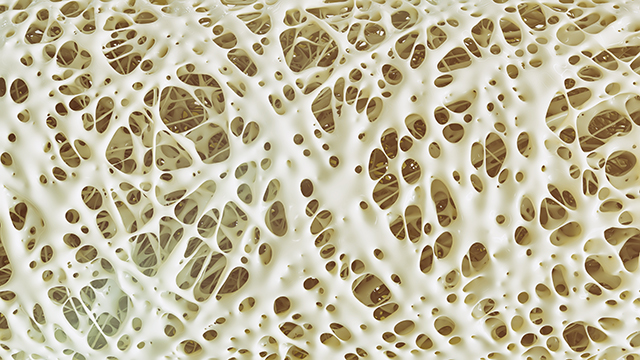How about a short workout… in the sauna? Study reveals a sauna session has physical strain similar to sports activities
01/30/2020 / By Arsenio Toledo

Researchers from the Martin Luther University of Halle-Wittenberg (MLU) and the Medical Center Berlin are suggesting that spending some time in a sauna can be just as exhausting as moderate exercise. Their study found that a sauna session, contrary to popular belief, actually raises your heart rate and blood pressure, and that once you leave, both your heart rate and blood pressure fall, resulting in long-term positive effects similar to what you would experience when exercising.
This study, published in the journal Complementary Therapies in Medicine, is also quick to point out though that while a sauna bath can have a beneficial effect on your cardiovascular system, it will not make you lose weight, as there is no muscle activity involved in the process. (Related: Regular sauna bathing reduces your risk of vascular disease and mental health disorders, according to new study.)
Contemporary medical advice used to believe that going to the sauna leads to a continuous fall in blood pressure. Dr. Sascha Ketelhum of MLU said that it was thought to be common knowledge that the heat in a sauna dilates the blood vessels and leads to lower blood pressure levels. This is why people with heart conditions or low blood pressure are advised to avoid them. However, Ketelhum looked to disprove these assumptions in his study.
“Many previous assumptions have been made about the acute effects of sauna use, but so far, little research has been done,” he said.
Putting the sauna to the test
Ketelhum’s study involved 19 healthy volunteers and two experiments done on different days. In the first part, the participants were told to enjoy a 25-minute sauna bath. Their heart rates and blood pressure were measured during the session. The results revealed that the participants’ blood pressure and heart rates rose by significant amounts and stayed that way for the entire duration of the sauna. Once the volunteers left the sauna however, both measurements dropped to levels that were lower than the original rates.
In the second part of the experiment, the volunteers completed a short workout on a rowing machine. Their blood pressure and heart rates were measured during this session as well.
Talking about the two experiments, Ketelhut said that “the participants’ blood pressure and heart rates reached the same levels during the sauna session as they did with a load of about 100 watts during the exercise test.” Watts are a measurement of power output. This is determined by the resistance levels and rowing stroke rates of the participants. These results showed Ketelhut that a sauna session isn’t the relaxing affair that people think it is.
Ketelhut believes that regularly getting a sauna bath can lead to better heart health. Ketelhut believes that the heat exposure you experience during a sauna session is a physical strain, and that its long-term positive effects can be comparable to the effects one can get from moderate physical exercise or being active in sports. However, Ketelhut advises caution as well when it comes to using the sauna for weight loss. Ketelhut has said that while you do lose some weight in the sauna, that can be attributed to the fluids you sweat out during the session. He recommends rehydrating immediately after a sauna.
Ketelhut also advised caution, especially for people with low blood pressure, as their blood pressure may fall below their normal levels once they leave the sauna. While you may be able to enjoy a sauna once in a while, consider thinking twice before making it a regular affair.
Sources include:
Tagged Under: cardiovascular disease, exercise, fightobesity, fitness, heart health, research, sauna, sauna therapy, slender
RECENT NEWS & ARTICLES
COPYRIGHT © 2017 MENS FITNESS FOCUS



















